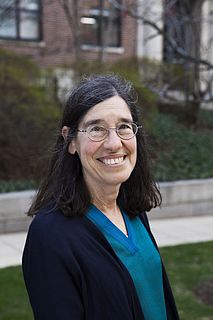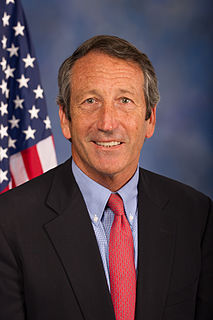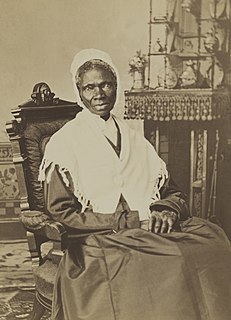A Quote by Margaret Mead
Sisters, while they are growing up, tend to be very rivalrous and as young mothers they are given to continual rivalrous comparisons of their several children. But once the children grow older, sisters draw closer together and often, in old age, they become each other's chosen and most happy companions. In addition to their shared memories of childhood and of their relationship to each other's children, they share memories of the same home, the same homemaking style, and the same small prejudices about housekeeping that carry the echoes of their mother's voice.
Quote Topics
About
Addition
Age
Become
Carry
Childhood
Children
Chosen
Closer
Companions
Comparisons
Draw
Each
Echoes
Given
Grow
Growing
Growing Up
Happy
Home
Homemaking
Housekeeping
Memories
Most
Mother
Mothers
Often
Old
Old Age
Older
Once
Other
Prejudices
Relationship
Same
Several
Share
Shared
Sisters
Small
Style
Tend
Together
Up
Very
Voice
While
Young
Young Mother
Related Quotes
I think the important thing about sisters is that they share the same minute, familiar life-style, the same little sets of rules. Therefore they can keep house with each other late in life, because they share the same bunch of housewifely prejudices. The important thing about women today is, as they get older, they still keep house. It's one reason they don't die, but men die when they retire. Women just polish the teacups.
I have no memories of my childhood in Texas. When I was about four, we moved to San Francisco. I was in the middle of seven brothers and sisters: three girls and four boys. Most of my older brothers and sisters got the blame for everything, and the little ones had a free ride. We loved each other but fought like cats and dogs.
My sisters and I stand, arms around each other, laughind and wiping the tears from each others eyes. The flash of the Polaroid goes off and my family hands me the snapshot. My sisters and I watch quietly together, eager to see what develops. Ghe grey-greensurface changes to the bright colors of our three images, sharpening and deepening all at once. And although we don't speak, I know we all see it: Together we look like our mother. Her same eyes, her same mouth, open in suprise to see, her long-cherished wish.
Young children learn in a different manner from that of older children and adults, yet we can teach them many things if we adapt our materials and mode of instruction to their level of ability. But we miseducate young children when we assume that their learning abilities are comparable to those of older children and that they can be taught with materials and with the same instructional procedures appropriate to school-age children.
They were so much alike and they become best friends. It was a wonderful relationship. They respected each other, and they never put each other down. With every step they took together, they were happy. There was no envy or jealousy; there was no control, there was no possessiveness. Their relationship kept growing and growing. They loved to be together because when they were together, they had alot of fun. When they were not together, they missed each other.
I feel like I've had a strong relationship with Robert [Kraft] and his family since I was here in 1996 and I think it's gotten stronger every year that I've been here with the Patriots. The more things we do together, talk about together, work together on, the closer we become and the more we rely on each other. I feel like our relationship is very close and continues to grow closer every year as we grow older together.
I believe it would be much better for everyone if children were given their start in education at home. No one understands a child as well as his mother, and children are so different that they need individual training and study. A teacher with a roomful of pupils cannot do this. At home, too, they are in their mothers care. She can keep them from learning immoral things from other children.
I'm sure everything has a bearing on what I'm doing. My family is a lower-middle-class family, there's lots of children, seven brothers, two sisters grew up together, fighting with each other, went to school. My mother went to school up to 4th grade. My father went to school up to 8th grade. So that's about the education level we had in the family.




































